Why Are Rivers Important?
Rivers are vital for many reasons. They provide a source of water for drinking, irrigation, and industrial use. They also support various species of plants and animals, many of which are unique to river ecosystems. Rivers are also important for transportation and recreation. They serve as a means of transportation for goods and people and provide opportunities for activities like fishing, swimming, and kayaking. Additionally, rivers play a significant role in regulating the Earth's climate by absorbing and distributing heat.
Threats to River Ecosystems
Despite their importance, rivers face many threats today. Human activities like pollution, deforestation, and overfishing have caused significant damage to river ecosystems. Industrial waste, agricultural runoff, and sewage are some of the major sources of water pollution. These contaminants can have severe consequences on the health of both humans and wildlife. Deforestation also poses a significant threat to rivers. Trees play a crucial role in regulating water flow and quality. Without them, soil erosion and sedimentation can occur, leading to reduced water quality and increased flooding. Overfishing is another critical issue that affects river ecosystems. It can result in the depletion of fish stocks, which can have significant consequences on the food chain and local economies.
Importance of Protecting Water Quality
Protecting water quality is essential for the survival of river ecosystems. It requires a concerted effort by individuals, businesses, and governments to reduce pollution and other harmful practices. Some of the key steps that can be taken to protect water quality include reducing the use of pesticides and fertilizers, implementing better waste management practices, and promoting sustainable agriculture. Proper disposal of hazardous waste and sewage is also critical to maintaining water quality.
Methods for River Conservation
There are several methods for river conservation that can help protect and restore river ecosystems. One of the most effective methods is habitat restoration. This involves restoring damaged ecosystems by planting native plants, restoring wetlands, and removing invasive species. Another method is reducing pollution through better waste management practices, such as recycling, reducing non-biodegradable waste, and using eco-friendly products. Sustainable fishing practices can also help preserve fish stocks and maintain the food chain. Additionally, river conservation efforts can be supported by promoting education and awareness about the importance of rivers and the threats they face.
River Conservation Organizations
Several organizations are dedicated to river conservation. These organizations work to protect and restore river ecosystems and raise awareness about the importance of water conservation. Some of the notable organizations include American Rivers, The Nature Conservancy, and The River Network. These organizations work with communities, businesses, and governments to develop sustainable solutions for river conservation.
Government Policies for River Conservation
Governments play a critical role in river conservation. They can develop policies and regulations to protect water quality and the environment. Some of the key policies include the Clean Water Act and the Endangered Species Act. The Clean Water Act regulates water pollution and sets standards for water quality. The Endangered Species Act protects threatened and endangered species and their habitats.
Community Involvement in River Conservation
Community involvement is essential for the success of river conservation efforts. Local communities can play a significant role in protecting and restoring river ecosystems. They can participate in river cleanups, plant native vegetation, and promote sustainable practices. Community involvement can also help raise awareness about the importance of river conservation and the threats facing our waterways.
Success Stories in River Conservation
There have been many success stories in river conservation. For example, the Hudson River in New York has seen significant improvements in water quality and fish populations since the implementation of the Clean Water Act. The restoration of the Elwha River in Washington State has also been a success story. The removal of two dams on the river has allowed for the restoration of salmon populations and the rejuvenation of the river ecosystem.
The Importance of Protecting Our Waterways for Future Generations
Protecting our waterways is essential for the survival of our planet and future generations. By taking action to reduce pollution, restore damaged ecosystems, and promote sustainable practices, we can ensure that our rivers continue to support life in all its forms. We must also work to raise awareness about the importance of river conservation and the threats facing our waterways. By working together, we can protect our rivers and ensure a better future for ourselves and future generations.
In conclusion, river conservation is a critical issue that requires urgent attention. Our waterways are under threat from human activities, and we must take action to protect them. By implementing sustainable practices, supporting river conservation organizations, and promoting education and awareness, we can ensure that our rivers continue to support life on this planet. We owe it to ourselves and future generations to protect our waterways and preserve our planet's delicate ecosystem.
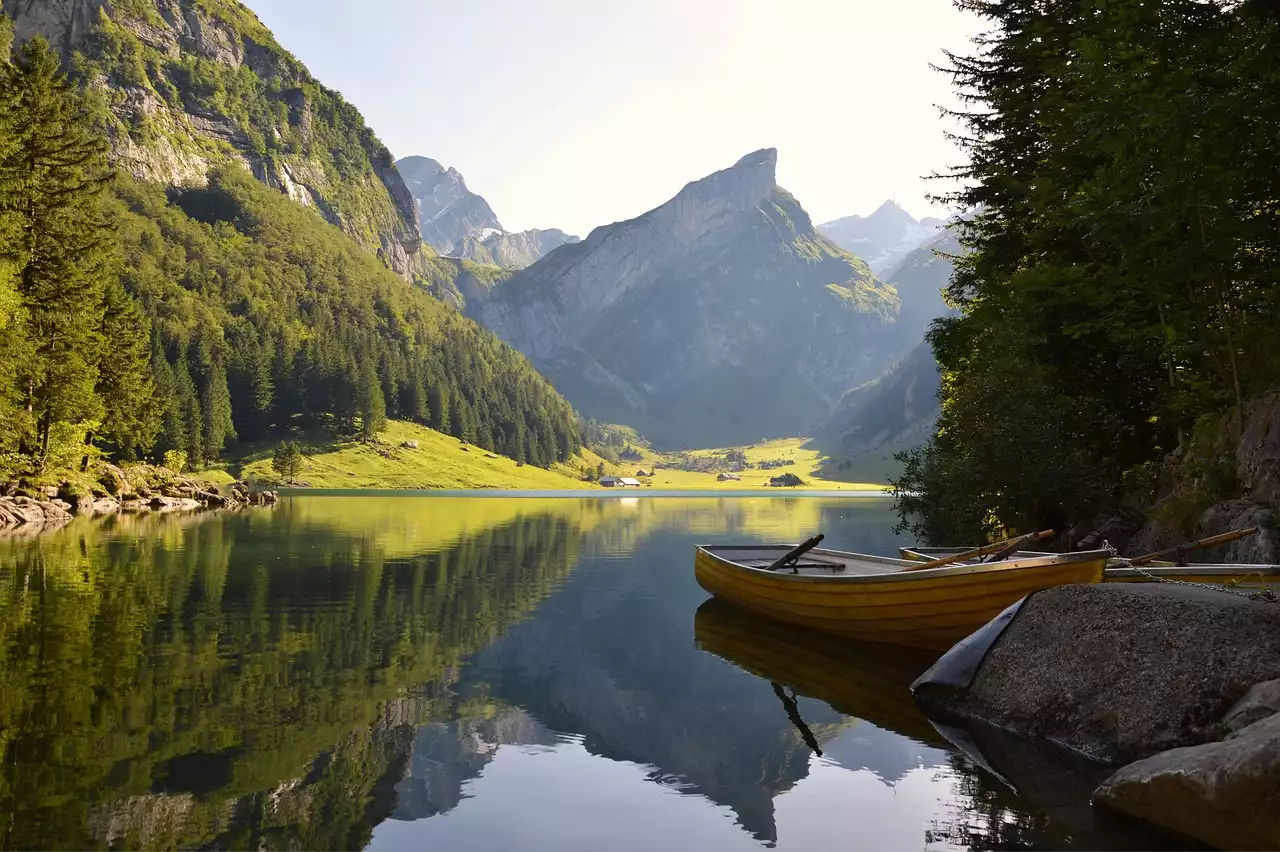
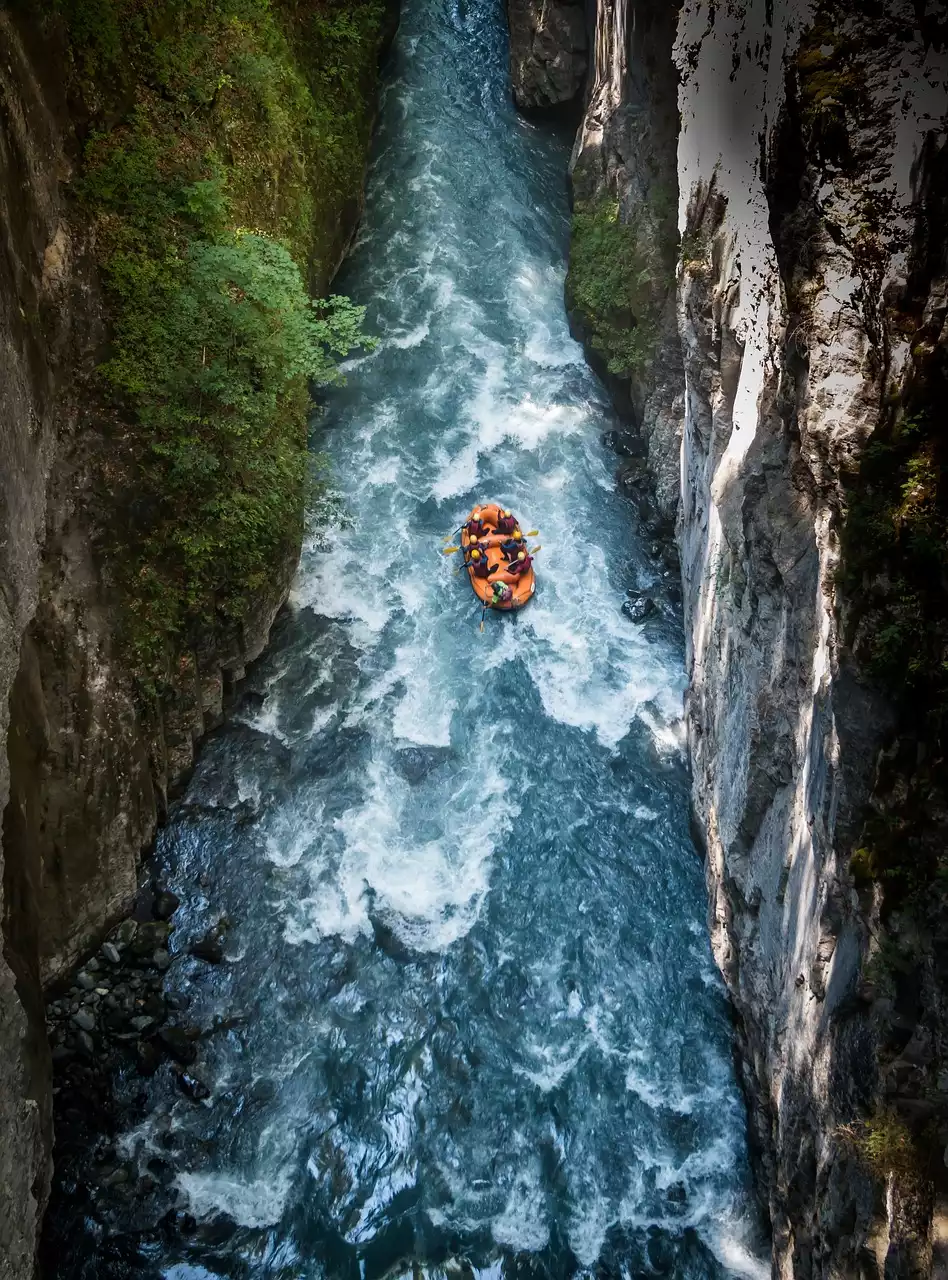
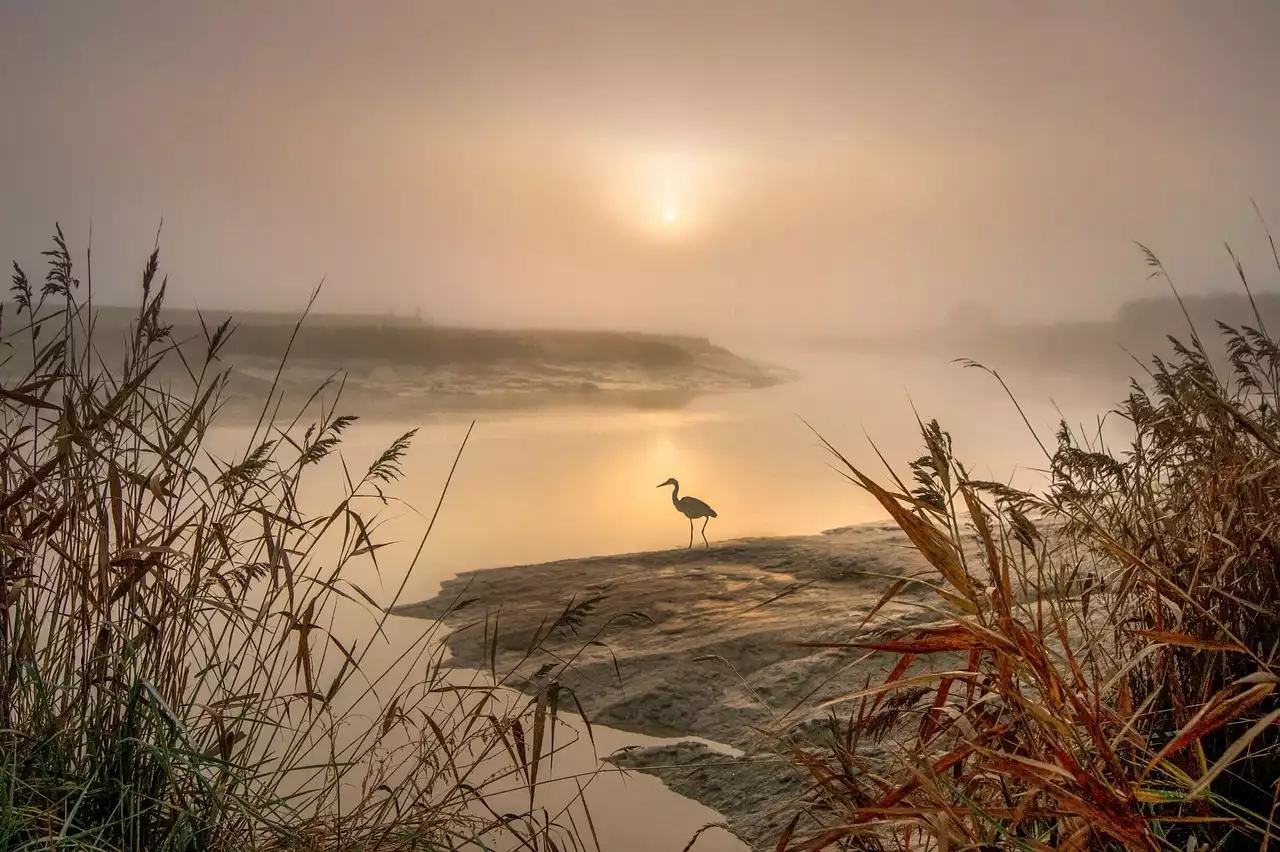
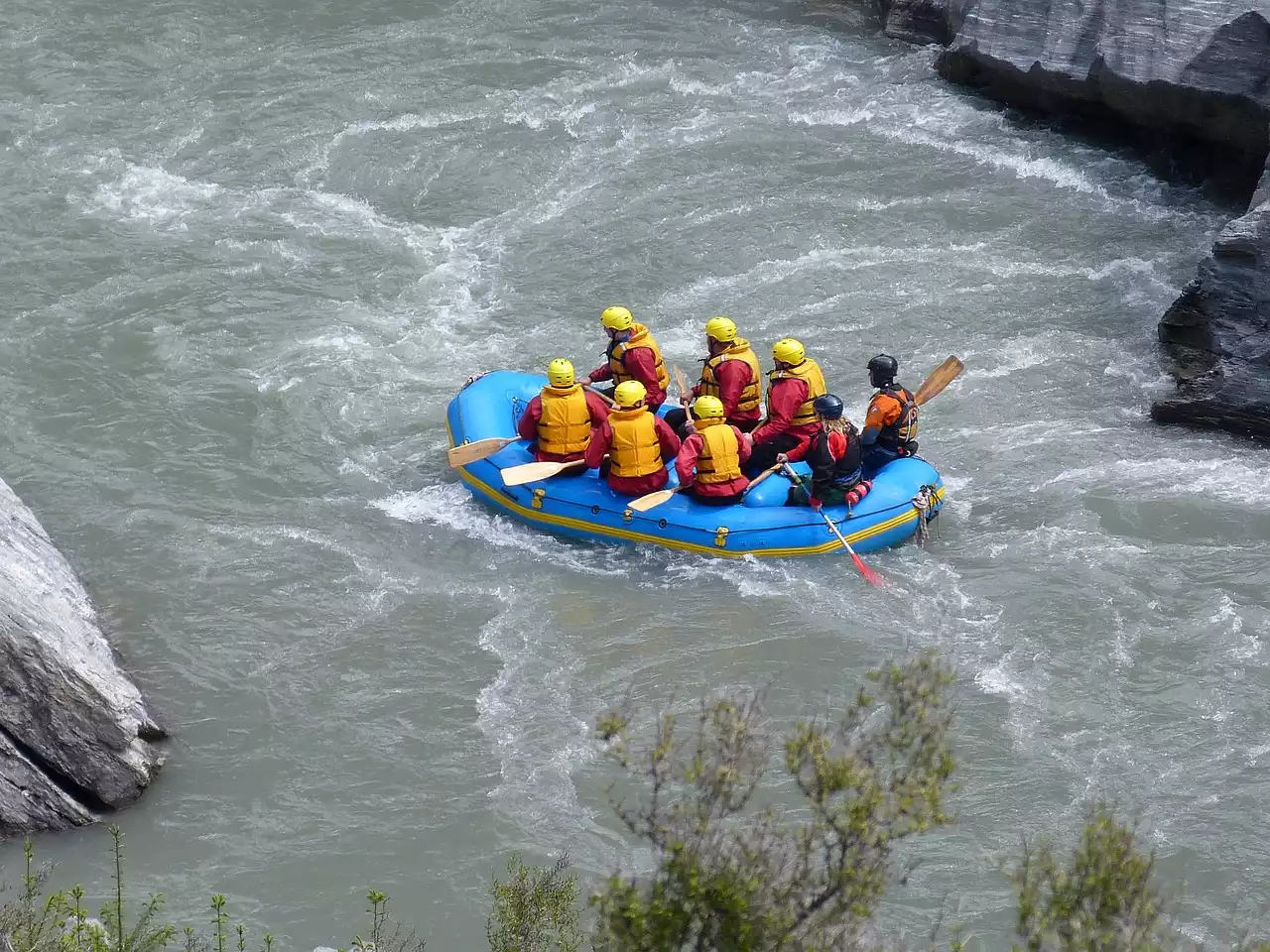
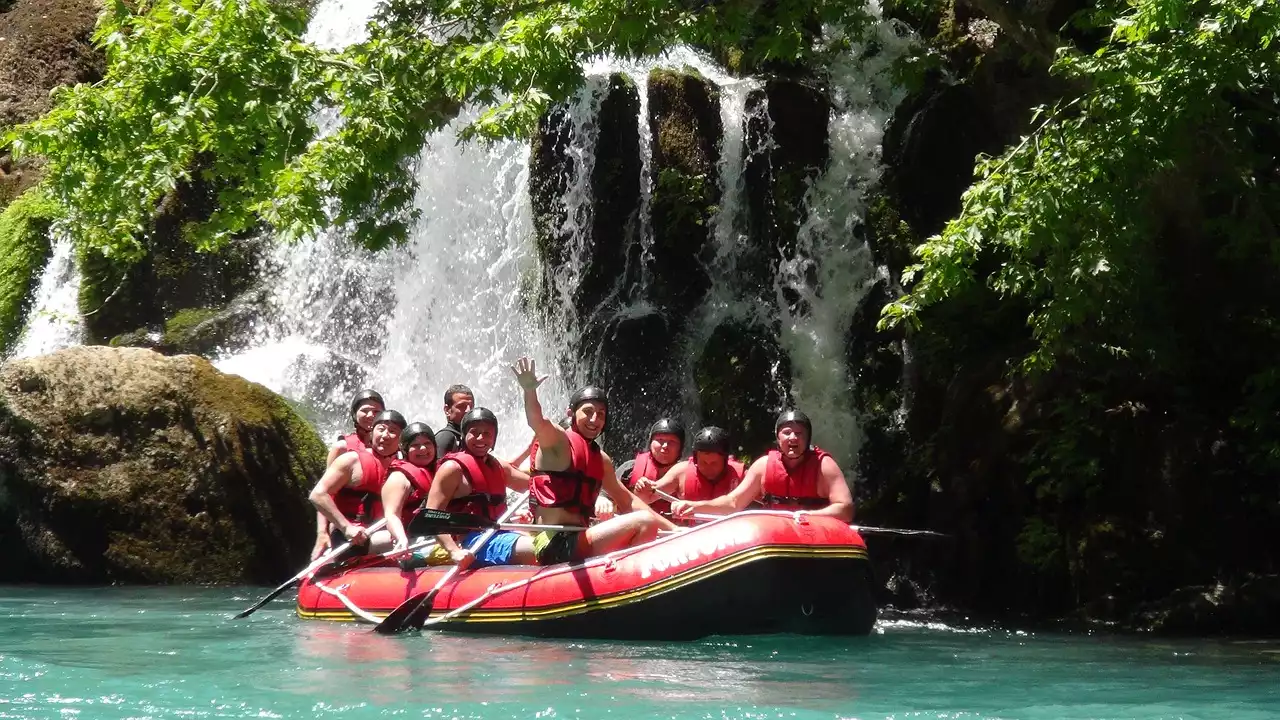
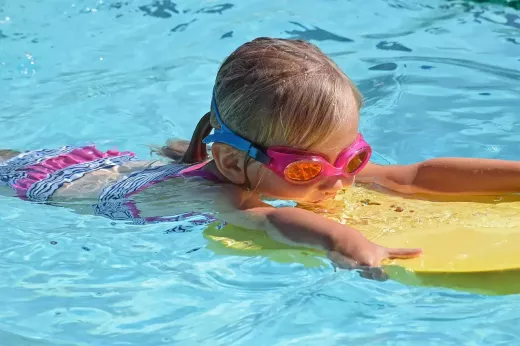


.png?size=50)

